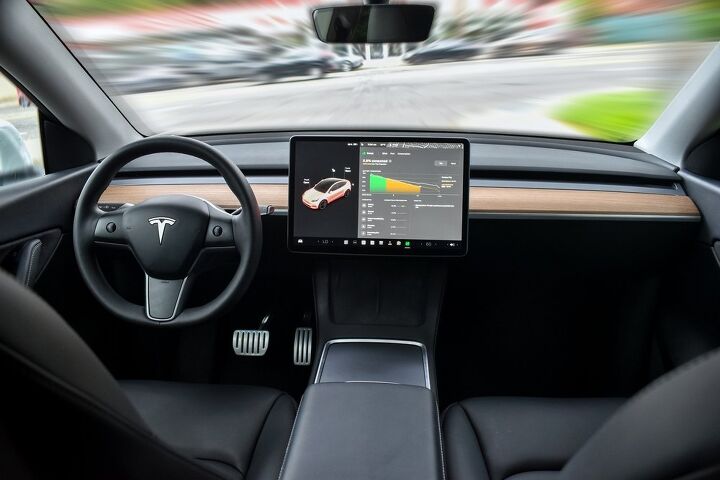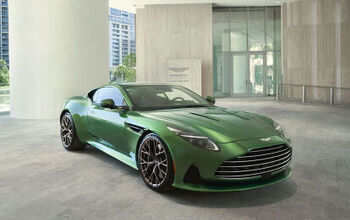How the World Views Autonomous Vehicles
In a recent global survey conducted by Maison Law, a personal injury law firm based in Fresno, California, the levels of trust and comfort with autonomous vehicles were explored across different countries. The survey aimed to understand the global perceptions and readiness for sharing roads with these technologically advanced vehicles.
Varied Trust Levels Across Countries
The study revealed a diverse range of trust levels among the populations of various countries. Notably, individuals from China, Russia, and the United Arab Emirates (UAE) exhibited the highest trust in autonomous vehicles. The survey showed that more than 80 percent of respondents from these countries are comfortable with the idea of sharing the roads with autonomous vehicles.
Conversely, the United States, Japan, and South Korea demonstrated lower levels of trust. In these countries, approximately half of the survey participants expressed discomfort with the presence of autonomous vehicles on the roads.
Country-Specific Findings
- United Arab Emirates – 88 percent
- United States – 57 percent
- Germany – 71 percent
- United Kingdom – 74 percent
- Israel – 66 percent
- China – 94 percent
- Canada – 60 percent
- Australia – 63 percent
- Japan – 52 percent
- Russia – 89 percent
- South Korea – 52 percent
Implications and Future Directions
The survey's findings suggest a broad spectrum of public trust in autonomous vehicles, influenced by geographical and possibly cultural factors. These variations indicate the need for tailored approaches in the introduction and integration of autonomous vehicles within different societies.
Understanding these perceptions is crucial for policymakers, automotive manufacturers, and technology companies as they navigate the complexities of introducing autonomous technologies to the public. Building trust through transparency, safety assurances, and public education will be key to fostering a harmonious coexistence between autonomous vehicles and human drivers.
This article was co-written using AI and was then heavily edited and optimized by our editorial team.
More by TTAC Staff
Latest Car Reviews
Read moreLatest Product Reviews
Read moreRecent Comments
- Ajla My understanding is that the 5 and 7-Series cater almost exclusively to the Chinese market and they sell them here just so they don't look weak against Mercedes and Audi.
- EBFlex Interesting. We are told there is insatiable demand for EVs yet here is another major manufacturer pivoting away from EV manufacturing and going to hybrid. Did these manufacturers finally realize that the government lied to them and that consumers really don’t want EVs?
- Kwik_Shift_Pro4X What's worse than a Malibu?
- MaintenanceCosts The current Malibu is poorly packaged; there's far more room inside a Camry or Accord, even though the exterior footprint is similar. It doesn't have any standout attributes to balance out the poor packaging. I won't miss it. But it is regrettable that none of our US-based carmakers will be selling an ordinary sedan in their home market.
- Jkross22 You can tell these companies are phoning these big sedans in. Tech isn't luxury. Hard to figure out isn't luxury.This looks terrible, there are a lot of screens, there's a lot to get used to and it's not that powerful. BMW gave up on this car along time ago. The nesting doll approach used to work when all of their cars were phenomenal. It doesn't work when there's nothing to aspire to with this brand, which is where they are today. Just had seen an A8 - prior generation before the current. What a sharp looking car. I didn't like how they drove, but they were beautifully designed. The current LS is a dog. The new A8 is ok, but the interior is a disaster, the Mercedes is peak gaudy and arguably Genesis gets closest to what these all should be, although it's no looker either.


































Comments
Join the conversation